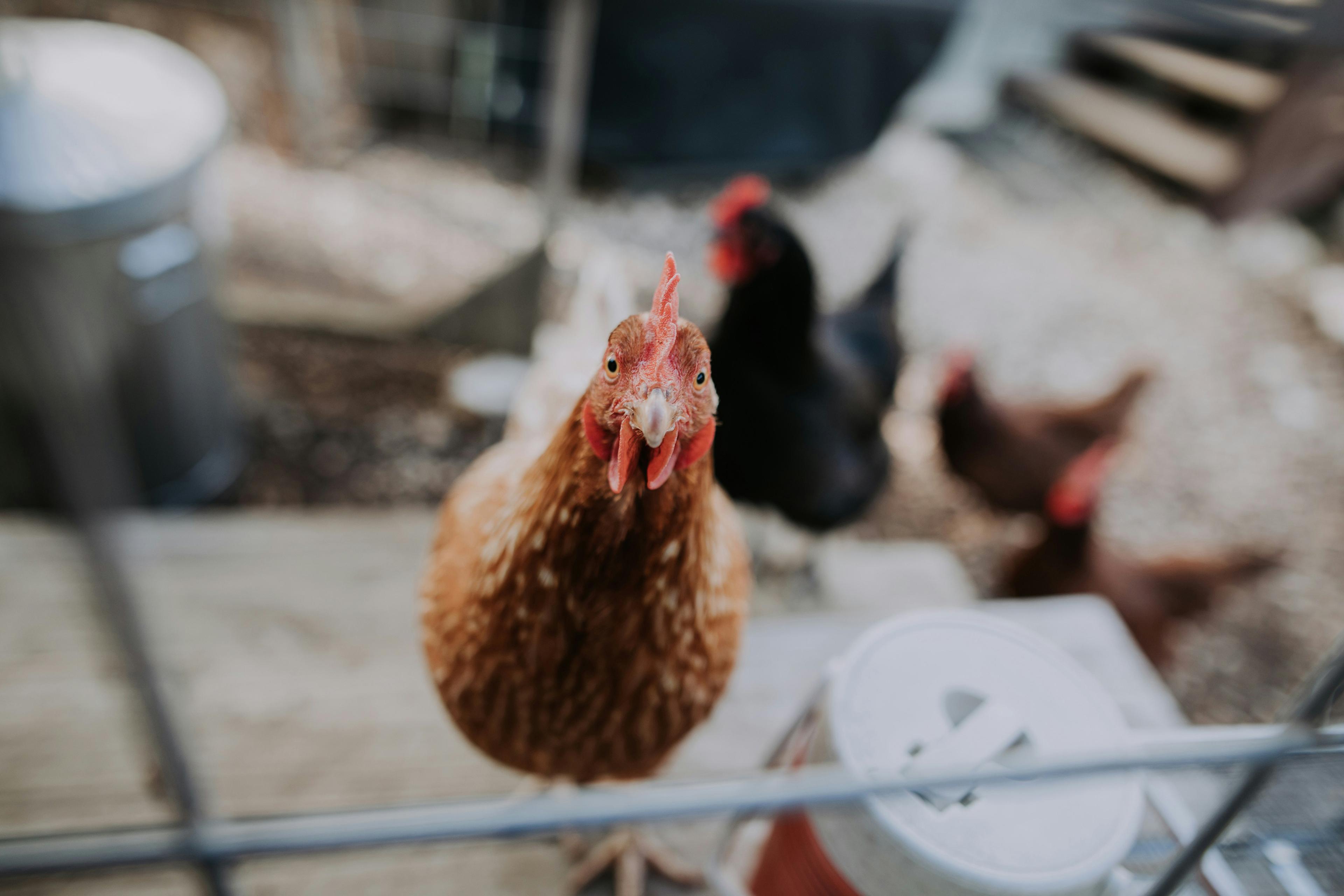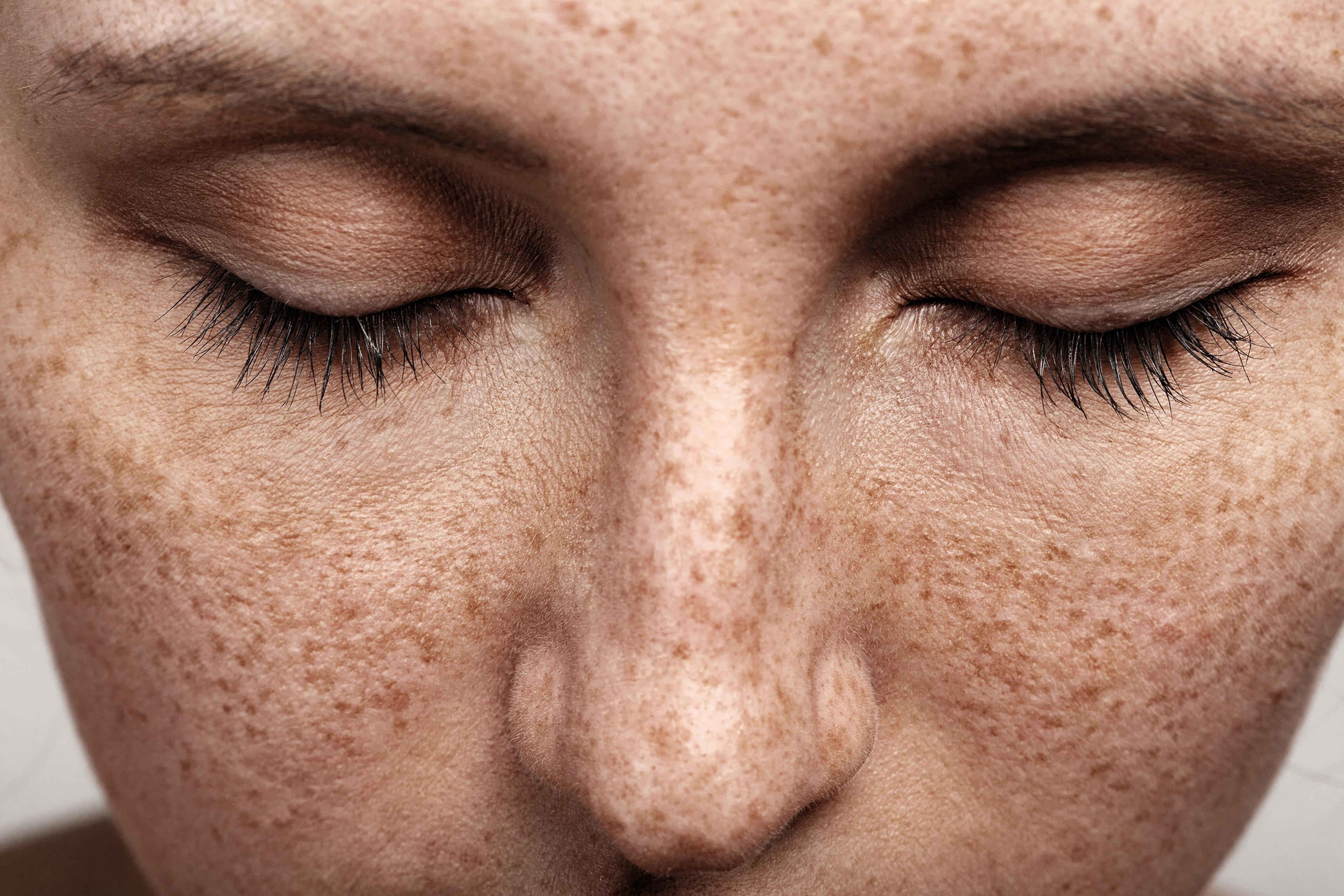
Who’s responsible for your attachment style?
Do attachment styles come from how our parents treated us? New research on attachment suggests there’s more to the story
by Matt Huston
Matt Huston is an editor and writer interested in psychology, mental health, and culture. Before joining Aeon+Psyche, he was on the editorial staff at Psychology Today for nearly a decade. He has written about a variety of topics in the realm of human behaviour, ranging from teletherapy to social perception to reproducibility in psychological science.
Written by Matt Huston

Do attachment styles come from how our parents treated us? New research on attachment suggests there’s more to the story
by Matt Huston

In an investigation of compulsions, a book connects our modern understanding of OCD to accounts from previous eras
by Matt Huston

Research on frightening but fun experiences offers some encouragement for those of us who prefer to know what’s ahead
by Matt Huston

An uncomfortable reminder of the tension between your beliefs and behaviour might give you the push you need to change
by Matt Huston

Taking a difficult experience and inspecting its elements might help us feel better about it
by Matt Huston

Some musical rhythms are built to get us bobbing, foot-tapping or dancing. Researchers show how rhythmic complexity matters
by Matt Huston

Scientists offer a new way to compare and contrast social ties – like a ‘Big Five’ for relationships
by Matt Huston

A study explores how many words people use a day, whether women really speak more than men, and whether we’re talking less
by Matt Huston
Edited by Matt Huston

Traditional and tech-based methods can reveal what your practice is doing – and give you the confidence to stick with it
by Matt Fuchs

Rather than being an enemy of empiricism, belief in what can’t be known is part of how we gain knowledge, even now
by Adam Kucharski

Seeing the ‘mind’ as extending beyond the head can help us better understand the nature of transcendent experiences
by Mohammadamin Saraei

So often we underestimate the time and effort required to reach our goals. You can avoid that trap with realistic planning
by Julie K Norem

In therapy with people from immigrant families, I’ve seen the side effects of adaptation – and what it takes to break free
by Dennis Portnoy

The glue, or spirit, that binds certain teams is not mystical – you can cultivate it by changing how you work together
by Leigh Thompson

You can’t stop life from throwing changes your way, big and small. But you can get a lot better at dealing with them
by David A Clark

Understanding the intuitive power of the word ‘natural’ could help inform choices about what to eat or what to do when ill
by Brian Meier